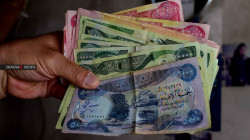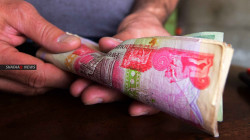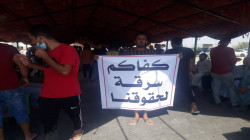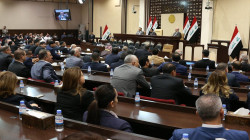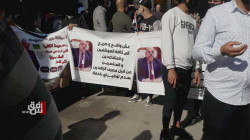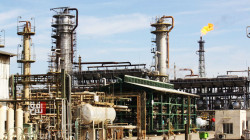Fragmentation or fresh start? Iraq's new labor union under scrutiny
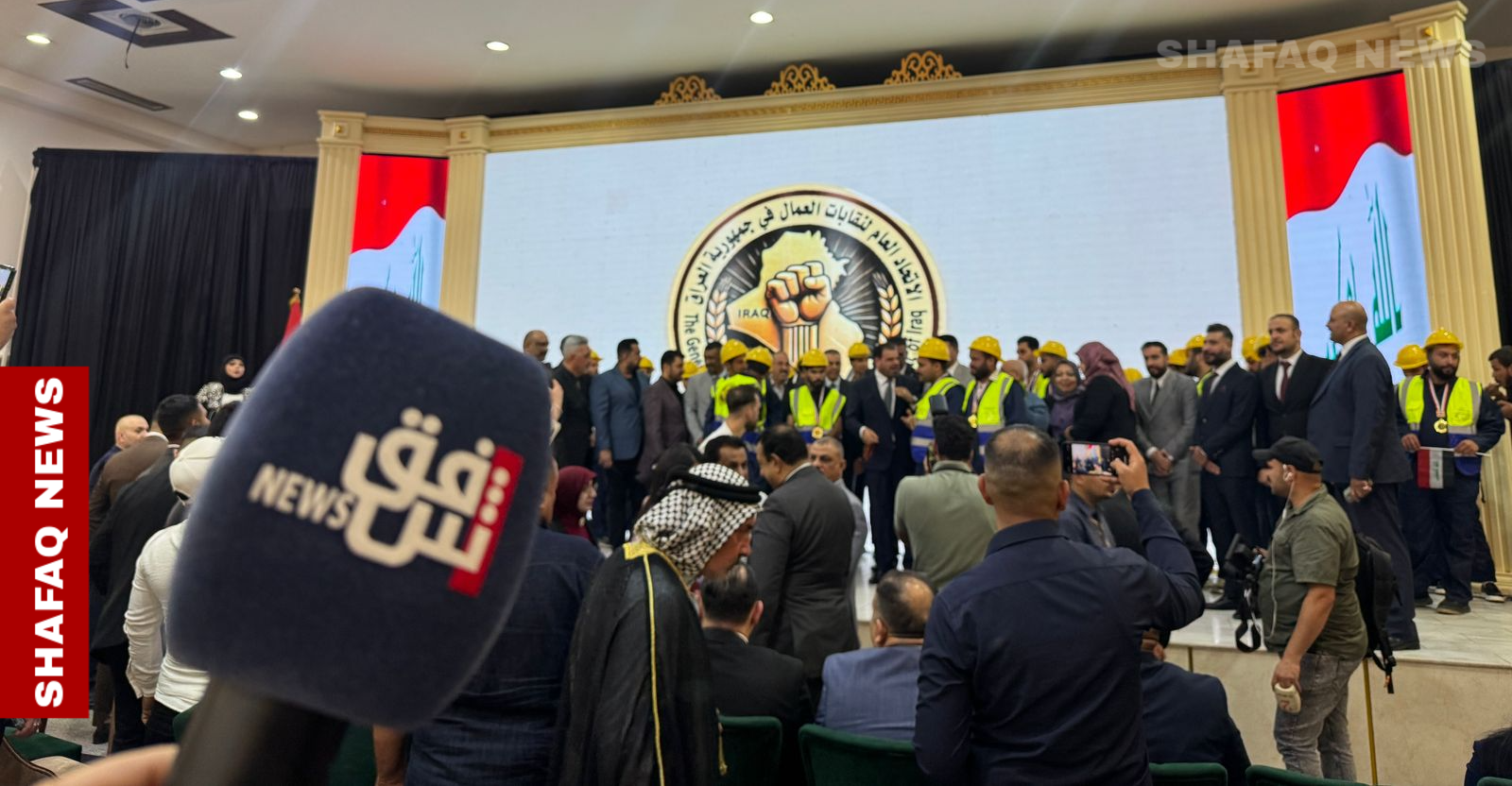
Shafaq News/ The launch of a new Iraqi labor union, the General Federation of Workers’ Unions in the Republic of Iraq, has drawn scrutiny and reignited debate over the fragmentation of Iraq’s labor landscape.
Unveiled in 2025 at Baghdad’s Iraqi Hunting Club, the union bears a nearly identical name to the General Federation of Iraqi Workers’ Unions, established in 1973, with only “Republic of Iraq” added to the title.
Hassan Ali Abdul Karim, who heads the new body, told Shafaq News the union was formed after internal elections and plans to expand nationwide. “[It] was formed within legal frameworks to represent labor interests and respond to ongoing demands.”
“They didn’t create jobs or defend workers’ rights,” said Deputy Chairwoman Lama al-Kaabi, describing existing unions’ performance as “far below basic expectations.”
However, the naming, combined with structural overlap, has raised questions about the new union’s legitimacy and institutional redundancy.
Walid Nehmeh, head of the established federation, acknowledged in remarks to Shafaq News that the new group was registered under Article 78 of Iraq’s 2017 Union Law. Still, he warned it lacked the distinct structure and mandate required for legal recognition. Senior official Sattar Danbous added that forming parallel unions could “scatter decision-making and undermine services,” citing his group’s role in advancing Iraq’s Social Security Law and monitoring compliance in the private sector.
Legal expert Ibrahim al-Sultani, also speaking to Shafaq News, said parallel unions are only lawful if formed for distinct purposes. “If the new body is meant to replace the old one, revising its internal rules is acceptable,” he said. “But if it mirrors the old union and operates in parallel, that’s a problem.” Without a clearly distinct mandate, he added, the union “has no legal grounds to operate.”
What About the Workers?
On the ground, workers say little has improved. In Baghdad’s Mansour district, 19-year-old Thuraya Abdul Khaliq told Shafaq News she works 12-hour shifts for 700,000 dinars (about $535) a month, without breaks or days off. “I can’t complain,” she said. “No one defends private-sector workers if they lose their jobs.”
“It doesn’t matter how many unions there are,” said Rashid Sameer, 34. “What matters is whether any of them actually stand up for us.”
“Proliferation without purpose weakens the system,” academic Hussein Ali explained. “The rise of new unions is common in democracies, but these formations need legal foundations, clear goals, and measurable outcomes.”
Since 2003, Iraq has seen a rise in labor and civil society groups, often with overlapping roles. Despite this, workers continue to face high unemployment, foreign labor competition, and limited social protections. Whether any of these bodies can meet workers’ needs, or simply add to the divide, remains uncertain.
